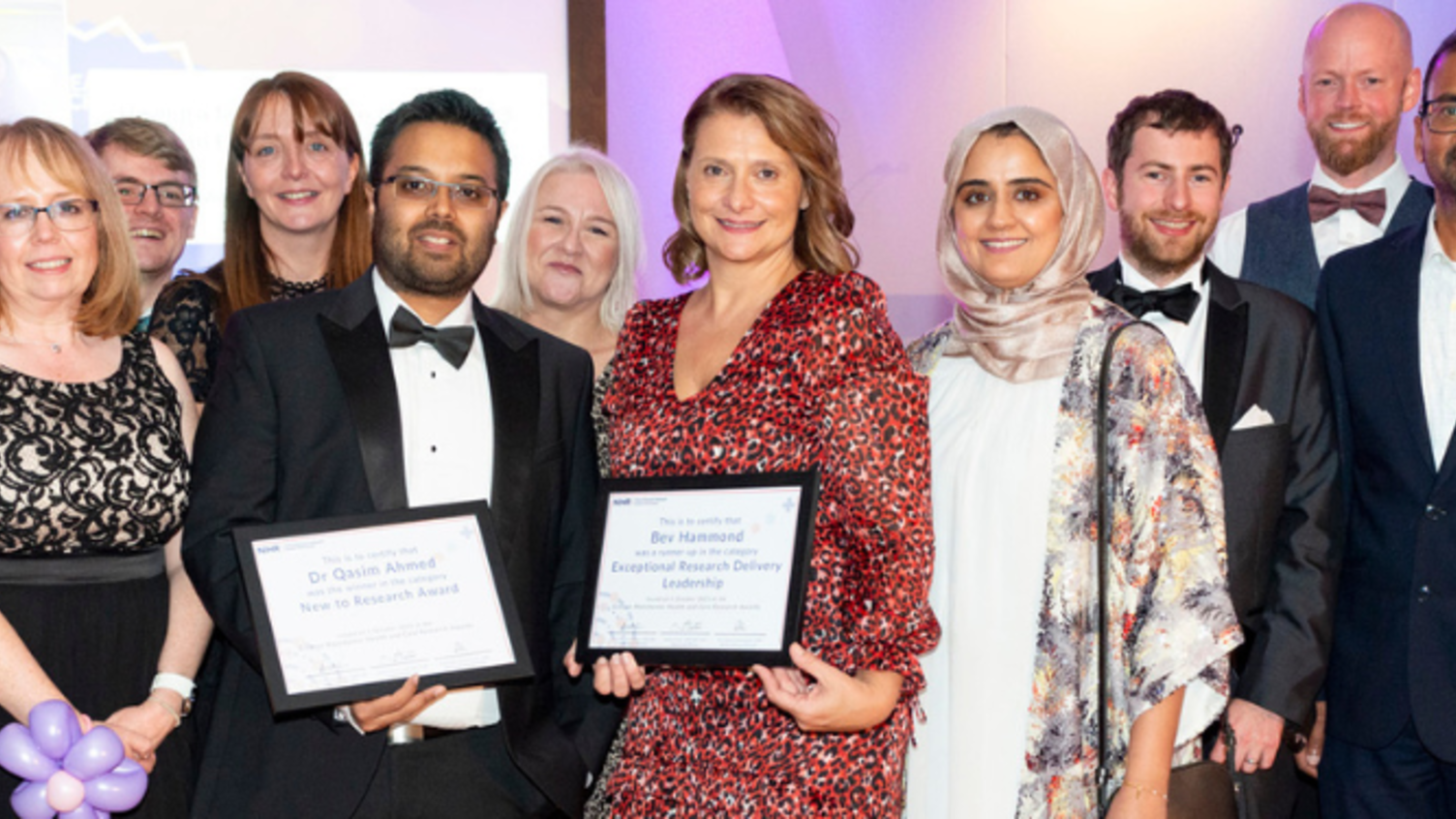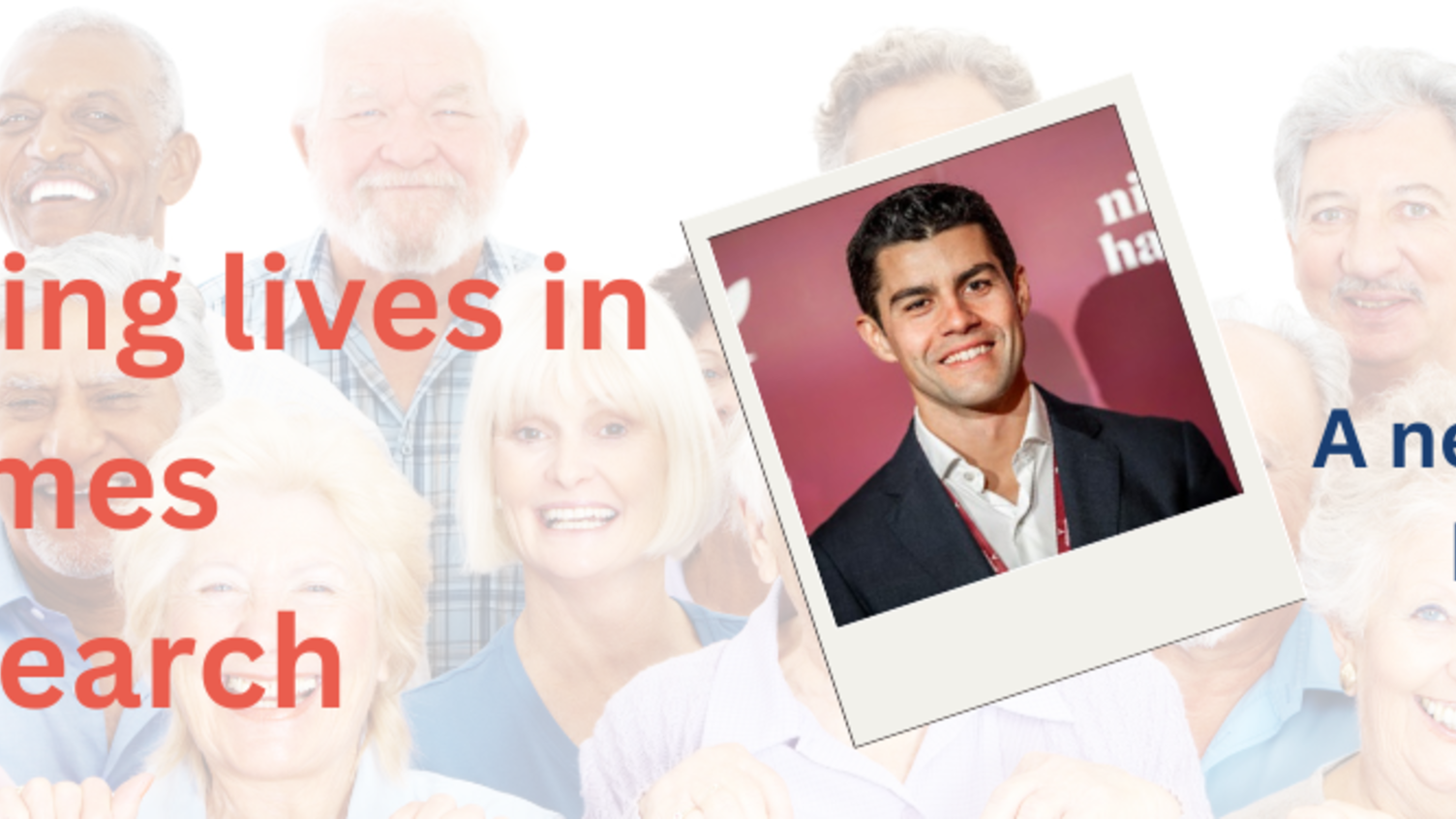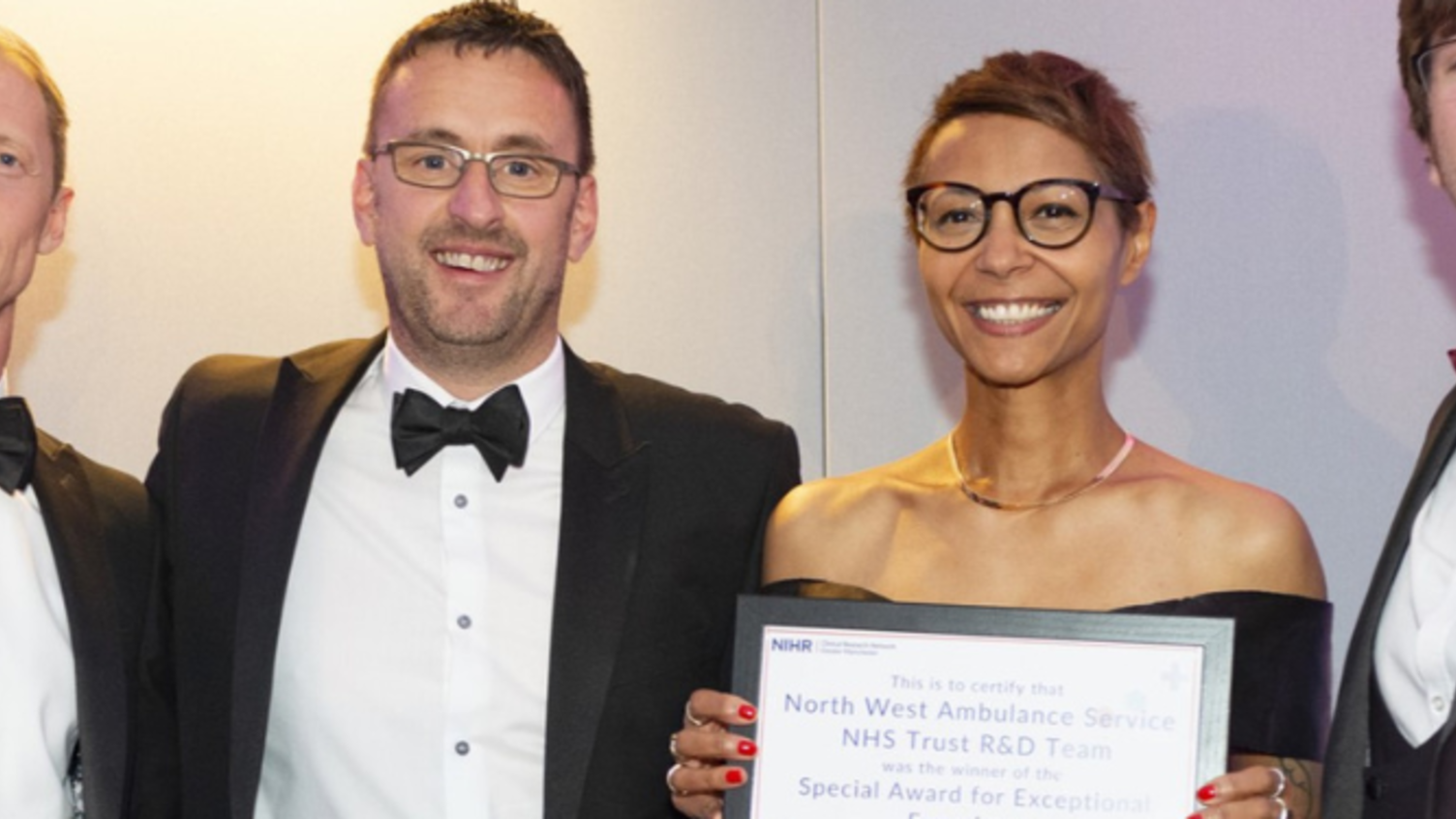Dawn Beaumont-Jewell: Challenging inconsistencies to improve inclusivity
- 08 June 2022
- 2 min read
From the time I walked into a care assistant job in a local nursing home aged 17, it was quite obvious really that I’d end up working in research at some point. I challenged inconsistencies in comfort and care and made a general nuisance of myself trying to influence inclusive care. I remember spending some time after one shift playing Ludo with an elderly resident diagnosed with dementia: I was told I was ‘wasting my time’ and, ok, we only played with one counter each, but the smile and engagement I got that and subsequent afternoons taught me that time spent challenging inequalities is always well spent.
Fast forward to 2001, picture an enthusiastic new Oncology Research Nurse with a reputation for challenging and (still) being a general nuisance: one of my responsibilities was to work with head and neck cancer patients and I was generally frustrated by (what I perceived as) gatekeeping by some of my Clinical Nurse Specialist (CNS) colleagues. My potentially eligible ‘fit and well’ participant, with newly diagnosed advanced cancer, as determined at the Multidisciplinary Team (MDT) meeting, was deemed to be unsuitable for a research approach. I wasn’t to make an appointment, nor question further.
Red rag to a bull
What about patient choice? What about accessibility? Why would a decision be made without consulting the patient? I knew that in some cases self-neglect, smoking and high alcohol intake can predispose to head and neck cancer; homelessness was often a factor too. But still, circumstances shouldn’t always be a barrier to accessing the best treatment, the best care, surely?
So, of course, in true younger self fashion, I persuaded* my colleague to let me attend the planned home visit. What I saw that day is partly the reason for my dedication to leading research, Equality, Diversity and Inclusion (EDI) and addressing health inequalities. I met a well-spoken gentleman, who had given up on society because he had trouble fitting in, and no one had helped him try. He had all but disengaged from healthcare and convention, and lived a simple life in a caravan with no electricity, no running water, half a roof: off grid, invisible to everyone but a dedicated GP who made an effort to call in on his way past every now and then.
I learned that day that tackling health inequalities is inextricably linked to health and care research; I learned that some people – some communities – are invisible. Today, 21 years later, so much has changed for the better. We know that supporting an informed decision in health care, in access to research, in under-served communities is the business of every single one of us. We can all make a difference.
And how did my story end? It turned out that this wonderful man, whilst eligible for the clinical trial, wasn’t interested in having any treatment, but would think about some palliative care as symptoms deteriorated. Had he wanted treatment and was interested in the trial, what would I have done? I don’t know, but I imagine I would have exhausted every possible social care referral (and likely every person around me) in giving him choices. And the best part? I’d do it all over again.
(*nagged incessantly)
You can read about the first CRN South London's first Inclusivity Panel meeting on our news page.


